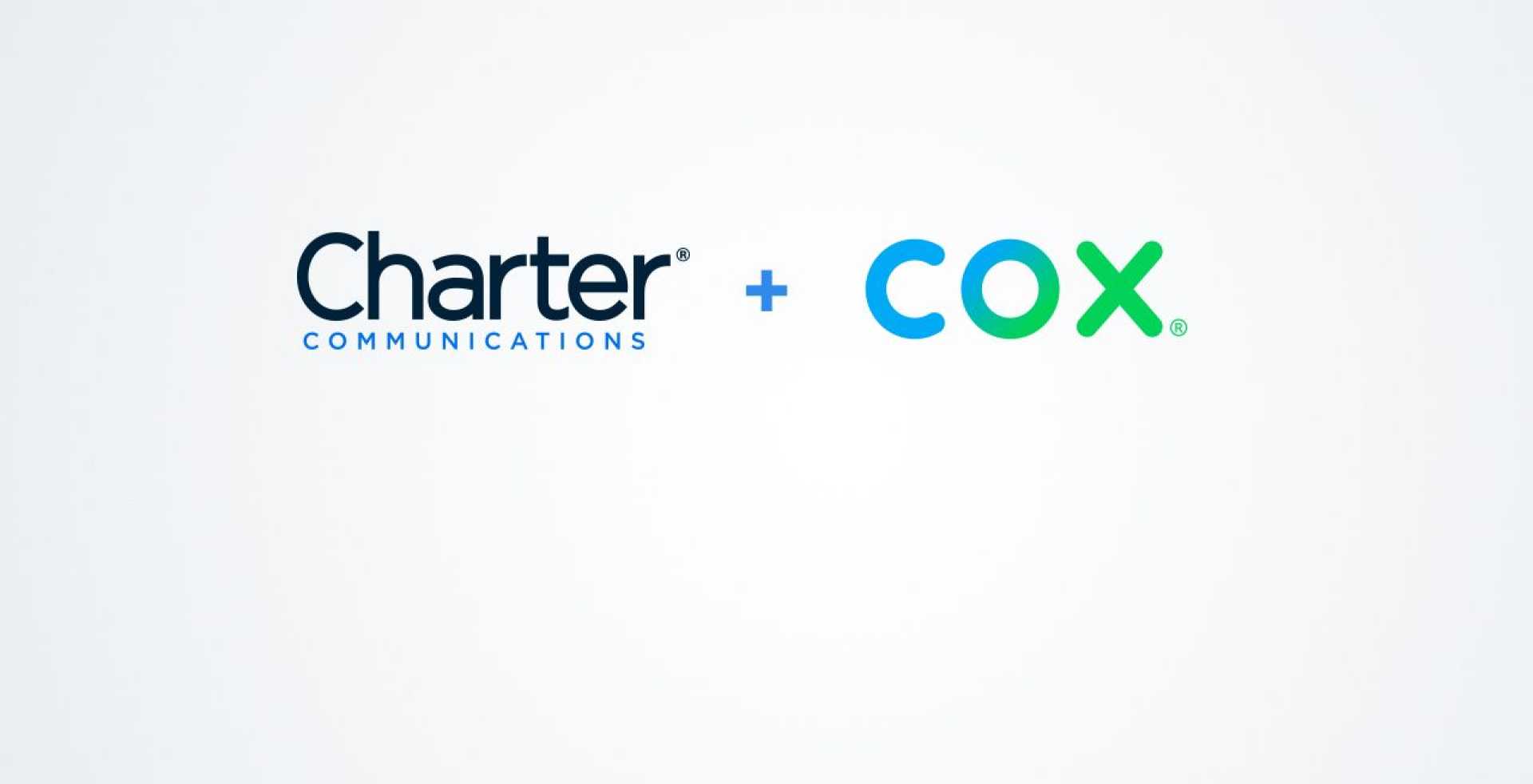Business
Charter and Cox to Merge in $34.5 Billion Deal

Stamford, CT and Atlanta, GA – Charter Communications and Cox Communications announced today that they have signed a merger agreement valued at approximately $34.5 billion. This deal marks one of the most significant corporate transactions in the cable industry in recent years, combining two of the largest cable providers in the United States.
The agreement values Cox at $34.5 billion on an enterprise basis, which includes $21.9 billion in equity and $12.6 billion in debt and other obligations. Charter, which operates under the Spectrum brand, recently declared an enterprise value that aligns with this valuation.
“We’re honored that the Cox family has entrusted us with its impressive legacy,” said Chris Winfrey, President and CEO of Charter. He emphasized that the merger will augment their ability to innovate and provide competitively priced services to customers.
Under the terms of the agreement, the combined company will adopt the name Cox Communications within one year of closing, while maintaining a significant presence in both Stamford and Atlanta. Chris Winfrey will remain as the CEO of the new entity, and Alex Taylor, Chairman and CEO of Cox Enterprises, will serve as Chairman of the Board.
This merger comes on the heels of Charter’s recent acquisition of Liberty Broadband, which was completed earlier this year. Analysts have predicted that the combination of Charter and Cox will create considerable scale in broadband and video services, as consumer demand shifts towards bundled offerings and away from traditional cable.
Cox has a notable history, being in operation since 1962, and will provide valuable insights and experience to the merged entity. The deal is expected to close alongside the Liberty Broadband acquisition, subject to customary regulatory and shareholder approvals.
The merger could provide enhanced synergies, with anticipated annualized cost savings of about $500 million within three years. Additionally, both companies aim to return jobs to the U.S. and enhance customer service by integrating their resources and technology.
This story is still developing, and updates will follow as more information becomes available.












